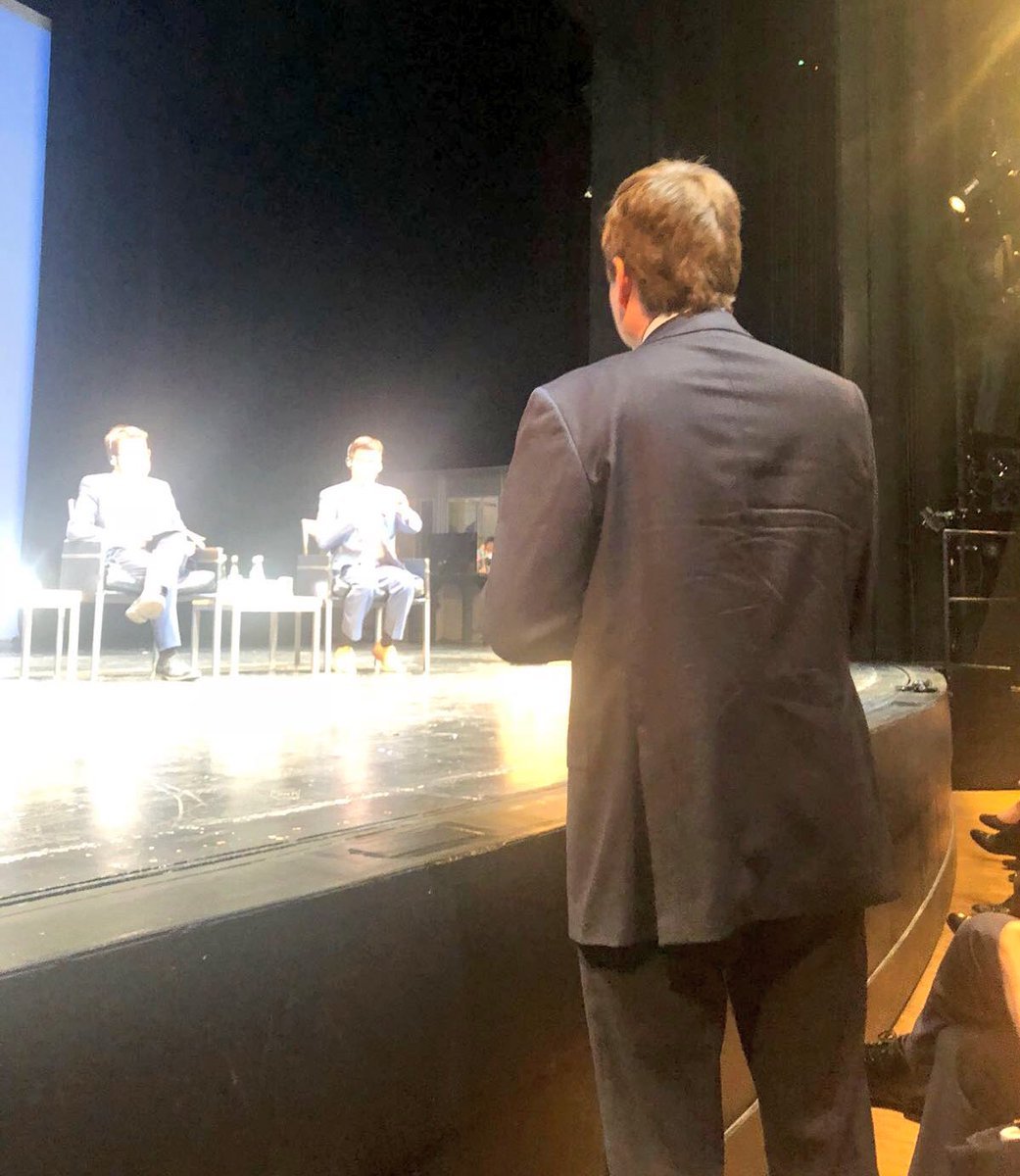Spanish diplomacy has suffered a new setback linked to the Catalan independence process and the subsequent state repression. This time in Stuttgart. It took place in the course of an institutional act of the interregional network known as Four Motors for Europe, a cooperative group of four key European industrial regions, among them Catalonia, along with Baden Württemberg in Germany, Lombardy in Italy and the French region of Auvergne-Rhône-Alpes. The event, organized to commemorate the 30th anniversary of this grouping, opened with a discourse by Austrian writer Robert Menasse who held up Spain as an example of nationalism by a nation-state which in its historic process of construction used arms against Catalonia, while Catalan vice president Pere Aragonès, who also spoke, called for dialogue from the Spanish state and for the "democratic will of the people" to be respected.
Vice president Aragonès represented the Catalan government at the event, which initially was to have been attended by president Quim Torra. It consisted of a panel discussion in which the other three of the "Four Motors" were all represented by their presidents. The Spanish consul, Carlos Medina, who was present in the audience, attempted to speak on three different occasions, the last time getting to his feet and asking for the word, and the moderator refused to give it to him. At the end of the act the consul registered his protest with the president of Baden Württemberg.
In his address, Catalonia's Aragonès highlighted Catalonia's pro-European vocation, its desire to promote a united states of Europe "and with one of those states being Catalonia with direct participation". At this point he referred to current Catalan politics, a topic sufficiently familiar to the German authorities, and he regretted that there "have been problems in managing it that have led to the current situation".
Aragonès said that the Catalan government backs "the principle of dialogue as a way of achieving political solutions and also the principle of the democratic will of the people, of societies." "We understand that now it is time to enter into a deeper dialogue with Europe, and in our specific case, with Spain, with whom there is this political situation which has to be overcome, respecting the democratic wishes of the people", he stated.
Aragonès warned that when these principles are not respected, there are consequences, "at times, judicial responses", which in Catalonia generate "great rejection".
Present among the audience was Catalan minister Damià Calvet, who tweeted an image of the Spanish consul demanding to be given the floor.
At 30 years of the 4 Engines of Europe, the VP @perearagones speaks about the political situation in CAT, of dialog and democracy, but the Spanish consolation is frightened and asks for the word. It|He|She is a very pautat event|act, they do not give it|him|her and it|he|she is shown. Does it make them so much fear that we speak freely in Europe? pic.twitter.com/BsQsOVDhWF
— Damià Calvet (@damiacalvet) 3 of July 2018
Translation: After 30 years of the 4 Motors for Europe group, the vice president @perearagones speaks about the political situation in CAT, about dialogue and democracy, but the Spanish consul gets alarmed and asks for the word. It is a very structured event, they do not give it to him and he looks unfortunate. Are they so afraid of us speaking freely in Europe? — Damià Calvet
In the initial address, Menasse, who last year won the German Book prize for the best German-language novel of the year, attacked the nationalism represented by nation-states and he gave Spain as an example. He went back to the Spanish Inquisition, and the expulsion of the Jews, but also referred to the use of arms against Catalans in the construction of this nation state.

